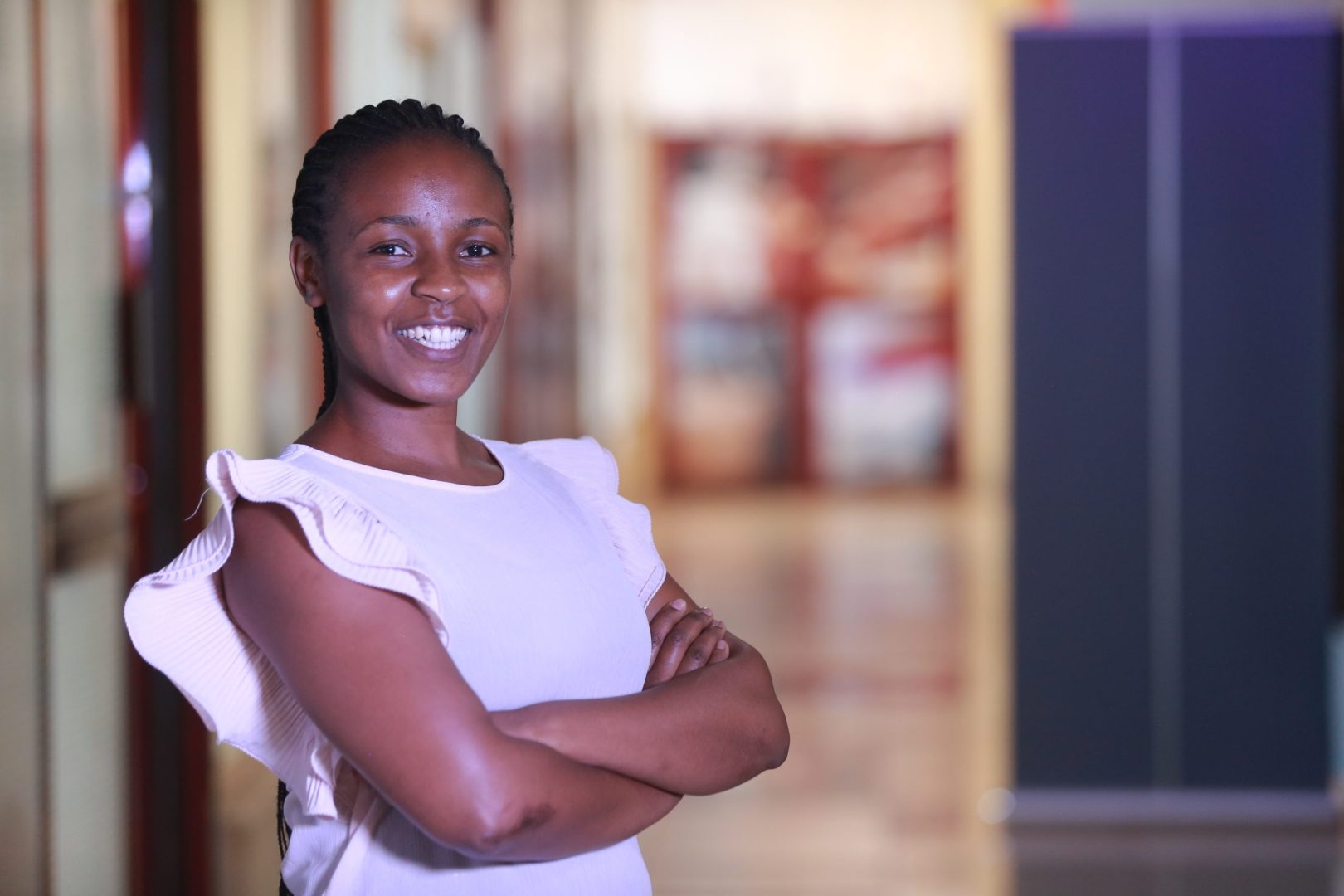Growing up in a dysfunctional family, where her parents’ marriage was so bad that her mother suffered depression and later died, pushed Jane Wambui Gacheru to become a counseling psychologist.
The founder and CEO of Nairobi-based Clarity Counseling and Training Centre, says it is actually in the family where she grew up that her journey can be traced.
“I grew up in a dysfunctional family although I didn’t understand it then. It was not until I was in campus and studying B.A. in Guidance and Counseling that I realized I had an interest in counseling, and when I later decided to specialize in counseling after campus, I started understanding just how the dynamics in my family had shaped me,” she says.
Ms. Gacheru adds: “There were a lot of issues that I had not dealt with and I noticed that even in my personal relationships, I had difficulties. I had challenges everywhere, and a lot of pain that I was carrying with me, and as I was undertaking this course, I started linking who I was with where I grew up.”
The counseling psychologist further says that going through a higher diploma while still mourning her mother made her start seeing her parents’ problems in a different perspective. “What I thought was so difficult, I began to see it as a small problem that if they had had a chance to access a good counselor in good time, the marriage would have survived and as children, we would not have grown up in the kind of environment that we grew up in.”
Clarity Counseling and Training Centre started its operations in June 2016 under the name Counseling and Human Resource Solutions Ltd. In December 2020, the name changed to Clarity Counseling and Training Centre.
The counseling centre specializes in two areas: client work and training. Client work basically means that they see people as individuals – individual counseling, group counseling and even family and marriage counseling. On training, they offer basic counseling skills and self-awareness courses, effective parenting, self-awareness and personal development, emotional intelligence, and short courses and workshops.
The business, however, has had its share of challenges. Ms. Gacheru points out that the first gender-based challenge she encountered is something that most women probably relate to – that is, getting unwanted sexual advances – which is quite a challenge.
“When it comes to that, I’ve had to decide who to do business with, I’ve at times let some business go, when it comes to that challenge.”
The other challenge is not being taken seriously. “I’ve had to deal with men who focus on who I am as a woman and my personal life, instead of what I’m bringing to the table. You will also find someone asking you questions that are not business related at all, like do you have kids or when did you get married?”
However, not being taken seriously does not bother her. “I think the worst one can do is personalize some of these things because it can drag you down. It’s been a very intentional process of understanding what I am, what I can do, what my goals are, and therefore focusing on that area, and refusing to let certain things bring me down.”
Ms. Gacheru discloses that sometimes she finds it difficult to establish good business networks as a woman, in the sense that in some instances, she finds herself limited in terms of just how much she can interact with people, especially depending on their attitude. She has also been judged based on appearance.
To deal with this challenge, she has been incorporating her husband into the business. “There are presentations that I go with him, places where he becomes the voice or the face of the business, and I find that helps in terms of circumventing some of these challenges.”
According to her, the contribution that women-owned businesses make in the community is, one, by helping society as a whole to begin to see women from an objective perspective.
Where people have probably looked at women as incapable some things, they now have evidence that women have the ability to achieve the things that they have always dreamed of achieving. Ms. Gacheru feels that this brings the society closer to achieving gender equality. “You know the same gender equality that we have been crying for, whether it’s in the political world and wherever else in the leadership – various forms of leadership. By seeing women as capable then, I feel like it opens up doors for more such that more women get encouraged to take the risks that they need to take to be who they want to be.”
Her advice to women is to pursue a business based on their passion and not necessarily their area of expertise, because it’s difficult to get tired or even give up on one’s passion.
In the future, Clarity Counseling & Training Centre is looking forward to expanding and being able to reach even more people as well as expand its partnership portfolio.

 Jane Wambui Gacheru, founder and CEO of Nairobi-based Clarity Counseling and Training Centre.
Jane Wambui Gacheru, founder and CEO of Nairobi-based Clarity Counseling and Training Centre.









